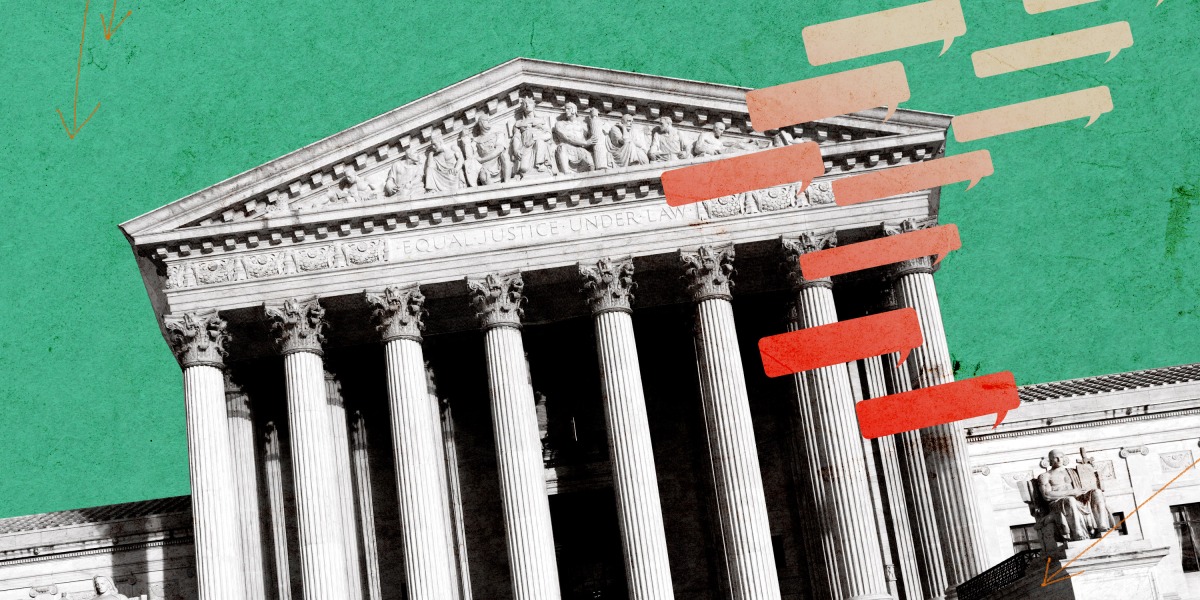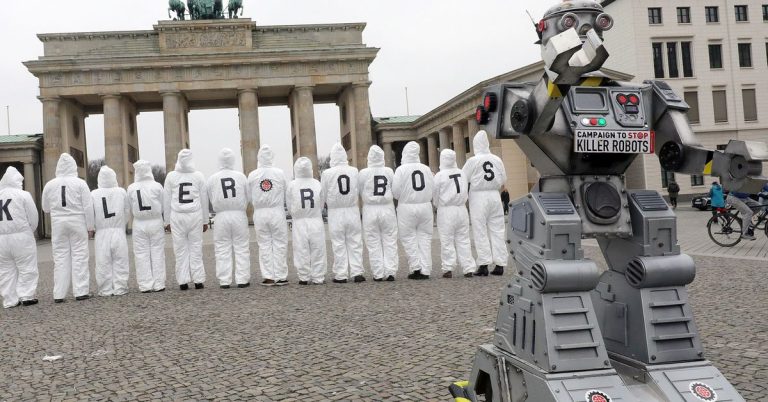
Now they’re at the center of a landmark legal case that ultimately has the power to completely change how we live online. On February 21, the Supreme Court will hear arguments in Gonzalez v. Google, which deals with allegations that Google violated the Anti-Terrorism Act when YouTube’s recommendations promoted ISIS content. It’s the first time the court will consider a legal provision called Section 230.
Section 230 is the legal foundation that, for decades, all the big internet companies with any user generated stuff—Google, Facebook, Wikimedia, AOL, even Craigslist—built their policies and often businesses upon. As I wrote last week, it has “long protected social platforms from lawsuits over harmful user-generated content while giving them leeway to remove posts at their discretion.” (A reminder: Presidents Trump and Biden have both said they are in favor of getting rid of Section 230, which they argue gives platforms too much power with little oversight; tech companies and many free-speech advocates want to keep it.)
SCOTUS has homed in on a very specific question: Are recommendations of content the same as display of content, the latter of which is widely accepted as being covered by Section 230?
The stakes could not really be higher. As I wrote: “[I]f Section 230 is repealed or broadly reinterpreted, these companies may be forced to transform their approach to moderating content and to overhaul their platform architectures in the process.”
Without getting into all the legalese here, what is important to understand is that while it might seem plausible to draw a distinction between recommendation algorithms (especially those that aid terrorists) and the display and hosting of content, technically speaking, it’s a really murky distinction. Algorithms that sort by chronology, geography, or other criteria manage the display of most content in some way, and tech companies and some experts say it’s not easy to draw a line between this and algorithmic amplification, which deliberately boosts certain content and can have harmful consequences (and some beneficial ones too).
While my story last week narrowed in on the risks the ruling poses to community moderation systems online, including features like the Reddit upvote, experts I spoke with had a slew of concerns. Many of them shared the same worry that SCOTUS won’t deliver a technically and socially nuanced ruling with clarity.
“This Supreme Court doesn’t give me a lot of confidence,” Eric Goldman, a professor and dean at Santa Clara University School of Law, told me. Goldman is concerned that the ruling will have broad unintentional consequences and worries about the risk of an “opinion that’s an internet killer.”
On the other hand, some experts told me that the harms inflicted on individuals and society by algorithms have reached an unacceptable level, and though it might be more ideal to regulate algorithms through legislation, SCOTUS should really take this opportunity to change internet law.







